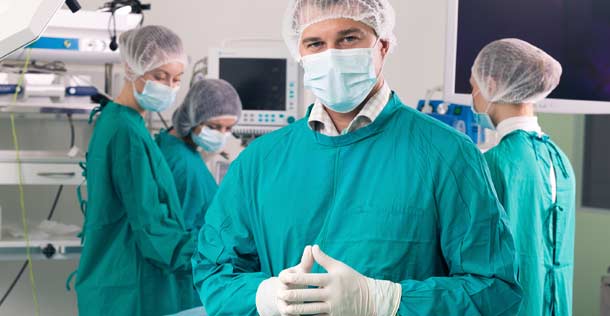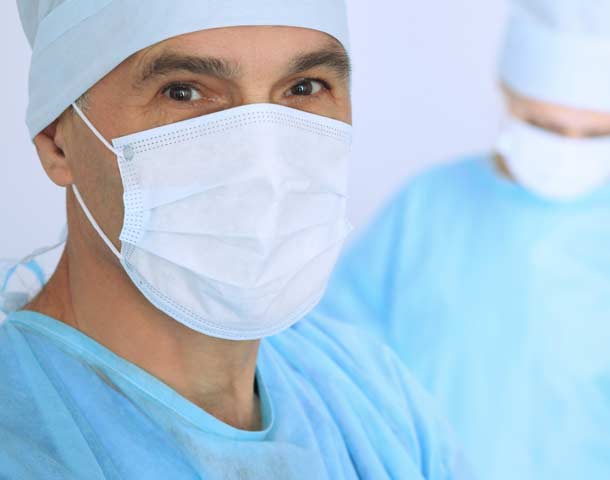
Most varicoceles are correctable with surgical intervention.
Varicoceles can be a source of male infertility, pain, and may even reduce testosterone production. Varicoceles occur when veins in the scrotum become enlarged. Doctors are not sure about all of the possible causes of varicoceles. However, it’s believed that varicoceles form when the valves in the veins prevent proper blood return.
- Backup of blood can cause the veins to dilate, which can lead to testicular damage. if not treated, varicoceles can lead to infertility and diminished testosterone production.
- The key is early intervention to prevent long-term problems.
Symptoms
Symptoms of a varicocele aren’t life-threatening, but they can be extremely uncomfortable. Symptoms of varicoceles often include:
- A testicular lump
- Swelling
Varicoceles can sometimes be painful. The pain can range from dull to sharp in intensity. Painful symptoms may be exacerbated with overexertion.


Complications
There aren’t any life-altering risk factors when a varicocele forms. However, if left untreated, varicoceles can lead to testicular atrophy and infertility. Testicular atrophy is shrinkage of the affected testicle. The testicle harbors the sperm-producing tubules. If these tubules are damaged, the testicle decreases in size and softens.
Risks
The treatment of a varicocele depends on the severity of the varicocele. As with any surgery, there are risks. However, the risks are relatively low. Possible risks of surgery include:
- Accumulation of fluid around the testicles.
- Recurrence of varicoceles
- Possible infection
- Arterial damage
Treatment
Varicoceles can be repaired in several ways. The severity of the varicocele and your surgeon’s recommendation will determine which type of repair is best for you.
- Microscopic Surgery: Microscopic surgery involves your surgeon making a small incision to reach the vein testicle through your groin region. This is an outpatient procedure and is associated with the lowest complication and recurrence rates.
- Laparoscopic Surgery: Laparoscopic surgery is when the surgeon inserts an incision into the abdomen and places a small instrument to locate and repair the varicoceles. Although this type of surgery is considered minimally invasive, it usually requires a general anesthetic.
- Percutaneous Embolization: For this particular procedure, a radiologist will place a solution or coil that creates a blockage in the testicular veins causing the varicocele.



